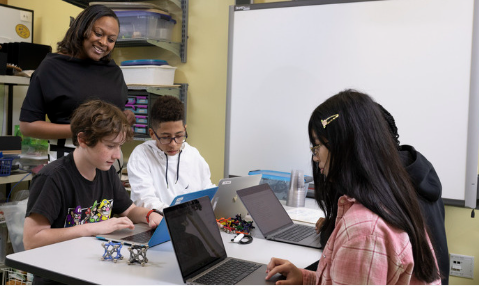Social media plays a significant role in the lives of today’s students, influencing how they communicate, learn, and connect with others. While it offers valuable opportunities for collaboration and access to educational resources, it also presents challenges that can affect academic performance and overall well-being.
One of the most positive aspects of social media is its ability to support collaborative learning. Students can form study groups, share notes, discuss assignments, and ask questions in real time through platforms like group chats or educational forums. This type of peer-to-peer interaction often enhances understanding and builds a sense of academic community.
Social media also connects students with expert content and educational opportunities. Many teachers, institutions, and educational influencers share tips, tutorials, and insights on platforms like YouTube, Instagram, and TikTok. These resources can supplement classroom learning and provide different perspectives on academic topics.
However, social media can also be a source of distraction. Constant notifications, scrolling, and digital multitasking can interfere with focus, reduce study efficiency, and contribute to procrastination. Students who spend excessive time online may struggle to manage their time effectively or maintain consistent study habits.
In addition, the curated nature of social media can impact student self-esteem and motivation. Comparing oneself to others’ highlight reels may lead to feelings of inadequacy or stress. Promoting digital well-being—such as limiting screen time, curating positive content, and taking regular breaks—can help students maintain a healthy balance.
Educators and parents can guide students in developing responsible social media habits. Encouraging mindful usage, discussing digital citizenship, and highlighting the importance of online safety all contribute to a more positive experience. Schools can also integrate media literacy education into the curriculum to help students critically evaluate the content they consume.
When used intentionally, social media can enhance student success by promoting communication, creativity, and resource sharing. The key lies in balance and awareness—recognizing both the benefits and potential pitfalls.
By fostering responsible use and supporting digital literacy, students can navigate the world of social media in a way that supports their academic and personal growth.














